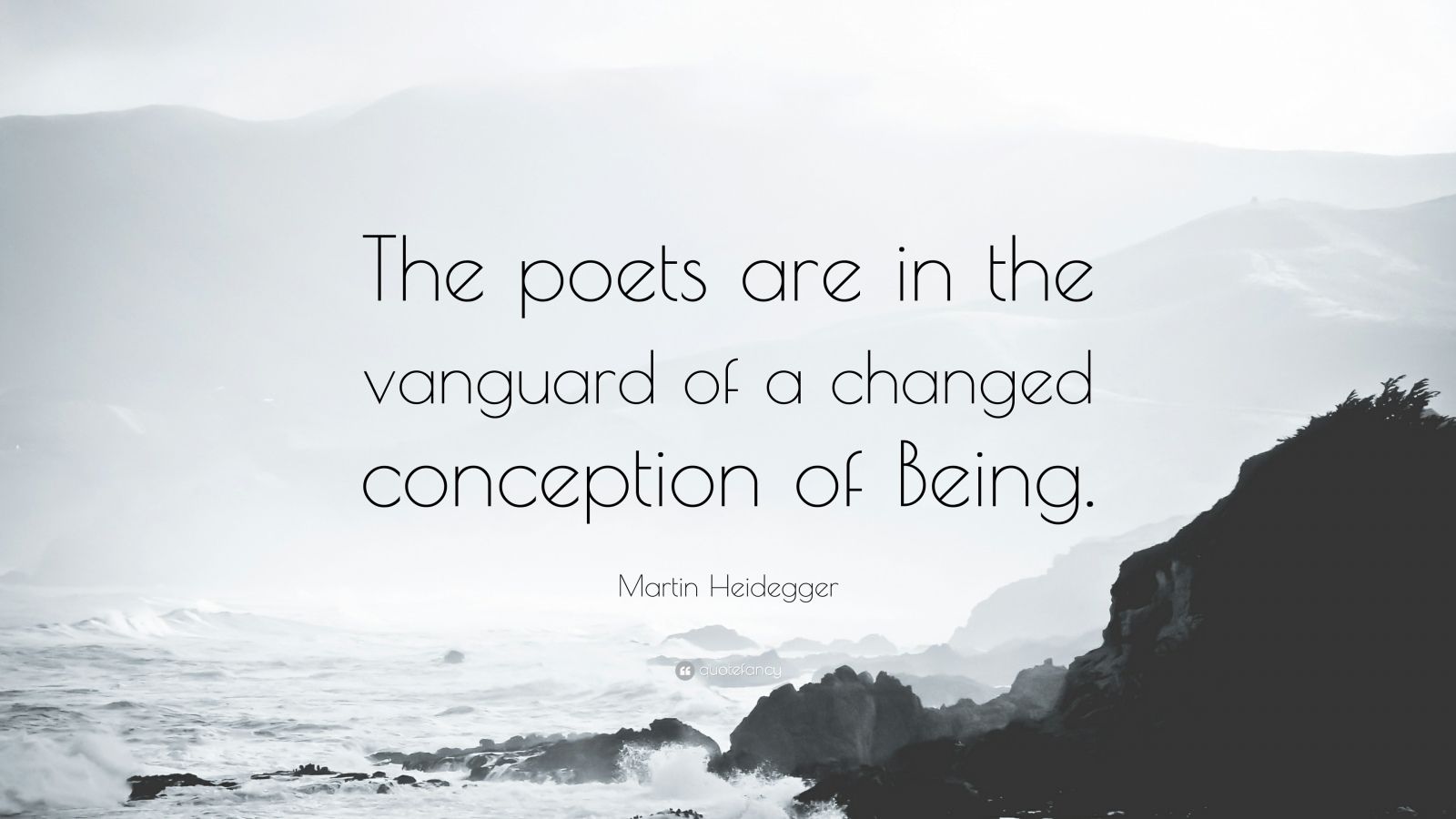Scan barcode
A review by glenncolerussell
Poetry, Language, Thought by Albert Hofstadter, Martin Heidegger
5.0

Seven essays on poetry and the arts from German philosopher Martin Heidegger (1889-1976) are collected here, including his key work on aesthetics, The Origin of a Work of Art. However, for the purposes of this review I will focus on his less well-known essay, What Are Poets For?” Here are several direct Heidegger quotes followed by my micro-fiction serving as a tribute to what I take to be much of the spirit of this essay:
“Being, which holds all beings in the balance, thus always draws particular beings toward itself – toward itself at the center.”
“Everything that is ventured is, as such and such a being, admitted into the whole of beings, and reposes in the ground of the whole.”
“The widest orbit of beings becomes present in the heart’s inner space. The whole of the world achieves here an equally essential presence in all its drawings.”
“The objectness of the world remains reckoned in that manner of representation which deals with time and space as quanta of calculation, and which can know no more of the nature of time than of the nature of space.”
“The conversion of consciousness is an inner recalling of the immanence of the objects of representation into presence within the heart’s space.”
-------------------
THE POETRY BAR
Thirsty, I enter a bar that’s dark, smoky and crowded, squeeze through and perch on a bar stool at the end closest the door, cross my arms on the counter and scan the faces of those around me. Many of the people are reading from sheets of paper, some reading silently, some muttering words aloud and still others reading to one another. The bartender approaches and asks me what I want, to which I, in turn, ask what he has on tap.
The bartender replies, “Most anything – Byron, Blake, Stevens, Frost, Browning, William Carlos Williams, you name it.”
So, it’s poetry rather than beer. I’m still thirsty but at least for now I tell him that I’ll take a Frost. The bartender obliges by handing me a copy of ‘Stopping by Woods on a Snowy Evening’.
I read the first stanza quickly then take my time reading the next three. I pause and look over at one of the crowded booths: six men with beards and black T-shirts are huddled together listening as their leader reads aloud from what I recognized as Alan Ginsburg’s ‘Howl’. The bartender was right – they do have most everything here.
I bend my head and begin to reread the first stanza of Frost when I hear great sobs from across the bar. A man with a ruddy complexion and a Scottish brogue is trying to recite Robert Burns but is having trouble because he keeps breaking down and crying. Another patron knocks roughly against me and then staggers through the door. Looking out the large front window I watch as he crosses the street, oblivious to cars and busses, as if lifted out of himself by an otherworldly ecstasy.
The bartender taps me on the elbow. When I turn he nods knowingly and tells me he always tries his best to keep an eye on anyone overdoing it.